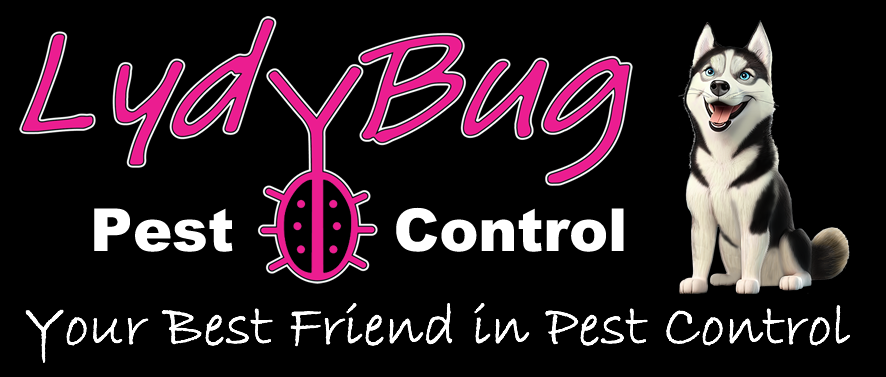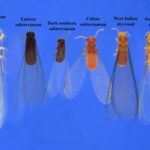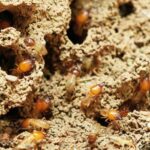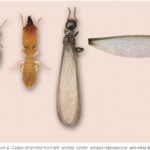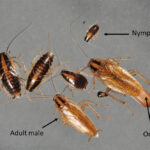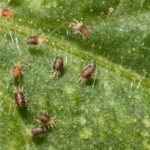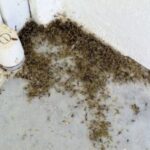The Chill Factor in a Tropical State
Florida, often associated with warm beaches and tropical breezes, occasionally experiences sudden cold snaps. While rare, these drops in temperature can significantly affect the state’s diverse insect population. In this blog, we’ll explore how cold temperatures impact Florida insects, from altered behaviors to mortality risks and effects on agriculture.
Cold Snaps in the Sunshine State
Though Florida winters are usually mild, occasional cold fronts bring unexpectedly low temperatures. These cold spells disrupt the natural rhythm of insects that thrive in Florida’s typically humid, subtropical climate.
How Insects React to Cold Temperatures
Reduced Activity and Sluggish Movement
Insects are ectothermic, meaning their body temperatures depend on the environment. When the air cools, their metabolic processes slow down, reducing movement and foraging activities. You might notice fewer bugs buzzing around — not because they’re gone, but because they’re in survival mode.
Mortality Risks in Sensitive Species
Some insects, particularly tropical species not adapted for cold, may die during frosty nights. Without proper shelter, they can’t maintain necessary body functions. This is especially true for butterflies, which may freeze if exposed too long.
Behavioral Adaptations for Survival
Fortunately, many Florida insects have developed behavioral adaptations. Ants, for instance, retreat deep into their nests. Beetles and roaches may find warmth in mulch, under bark, or inside homes — which is why pest control services often see winter surges in indoor pest reports.
Related Post: Why Are There Bugs in My Kitchen and Pantry Food?
Cold Weather and Florida Agriculture
Cold weather affects both pest insects and pollinators like bees and butterflies. Reduced insect activity can disrupt crop pollination and pest management, making it crucial for Florida farmers to adapt quickly. The University of Florida IFAS Extension provides excellent resources on this topic.
Species Spotlight: Reactions to the Cold
Butterflies
Butterflies are especially vulnerable to cold. Even mild cold fronts can hinder their ability to fly or feed, and prolonged exposure may lead to death unless they find adequate shelter.
Ants
Ant colonies often dig deeper to avoid cold surface temperatures. Some species may slow their activity, while others go dormant until warmer weather returns.
Mosquitoes
While cold weather provides a break from mosquito bites, some mosquito species survive by going dormant or laying eggs that hatch when conditions improve.
Need Help With Winter Pests?
Check out our Orlando pest control services for help with insects retreating indoors during cold snaps.
Resilience in the Face of Cold
Florida insects, though accustomed to warmth, have evolved remarkable ways to endure the occasional cold. Understanding how cold temperatures affect Florida insects is vital for pest control, agriculture, and ecological balance. As climate changes continue, the adaptability of these small but significant creatures will be more important than ever.

